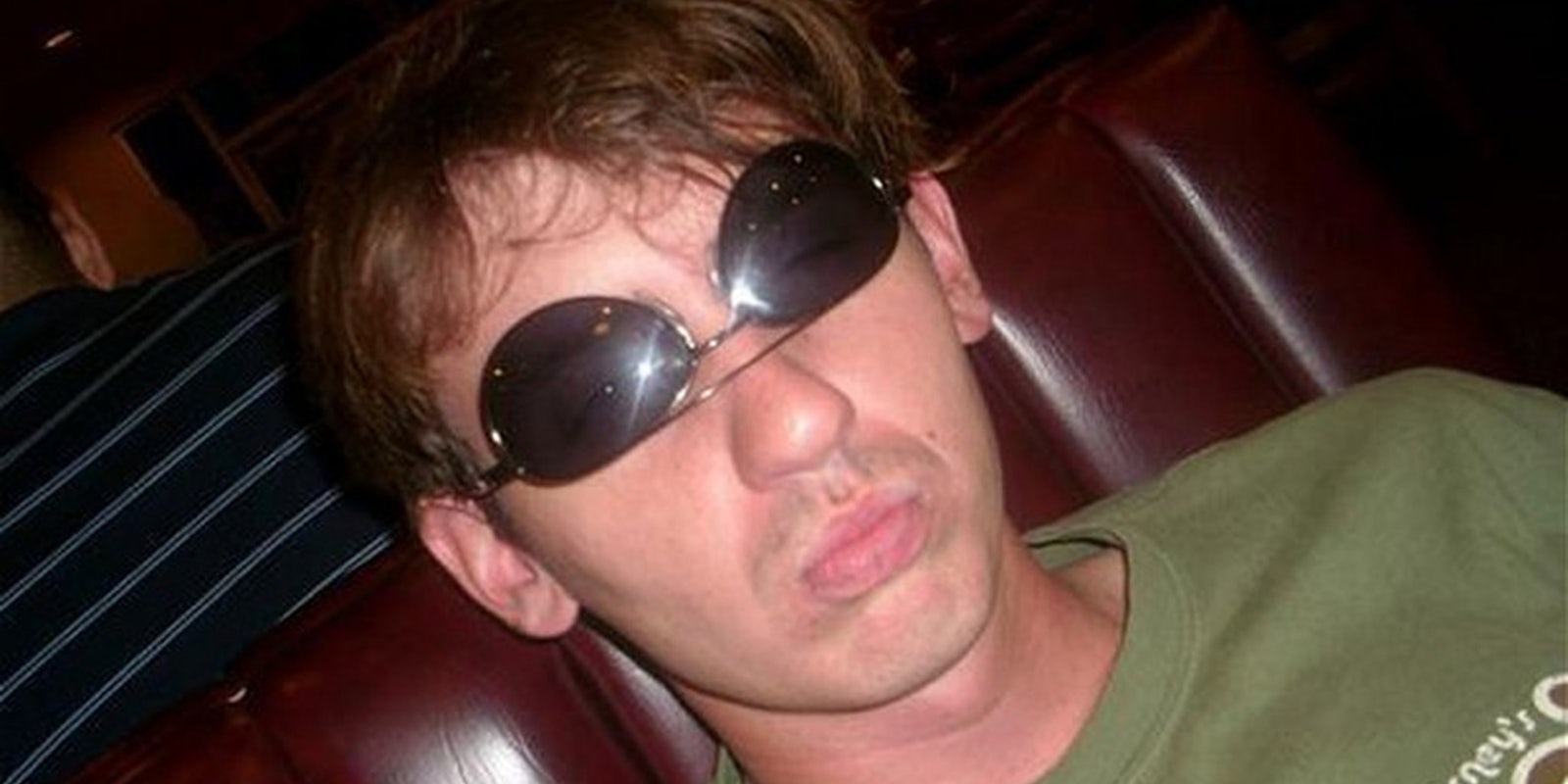Meet Brett Straub. He’s a 25-year-old recent college graduate who describes himself as “a lazy bum like person who loves cars.” He doesn’t know very much at all about Britain, especially British newspapers. But that didn’t prevent Straub from making a guest appearance in one of the most important British judicial inquiries in years, a suite of recommendations for overhauling media culture and ethics called the Leveson Inquiry.
That’s because the report’s author, Lord Justice Brian Leveson, copied “facts” directly from Wikipedia. According to Leveson, Straub was cofounder of The Independent newspaper in 1986. That’s false and also quite impossible: Straub wasn’t even alive in 1986.
Leveson—who, in his report, admonished people “to not assume that what they read on the internet is trustworthy or that it carries any particular assurance or accuracy”—was the victim of a silly online prank.
Straub claimed that a friend had pasted his name all over Wikipedia when they were both students at California Polytechnic State University. For a brief time, for instance, he was also credited with creating Coca-Cola (note: Straub is not the creator of Coca-Cola).
Leveson’s line, as it appeared in the report, was this: “The Independent was founded in 1986 by the journalists Andreas Whittam Smith, Stephen Glover and Brett Straub, and was published by Newspaper Publishing plc.”
Straub, reached for comment by The Telegraph, claimed he had no idea any of this was happening.
“It’s funny, I don’t even read newspapers,” he said. “I graduated college eight months ago and the biggest thing we learned is don’t trust Wikipedia for facts.”
He continued:
“The fact someone, especially a judge, has believed something on Wikipedia is kind of shocking. My friend went on and edited a bunch of Wikipedia pages and put my name there. My friend did it as a joke. I thought they had all been corrected.”
Leveson should take Straub’s warnings about Wikipedia to heart. Or at least his own. In the report, he claimed that “inaccuracy in newspapers was a serious concern.”
British newspapers have largely backed Leveson’s main recommendation, the appointment of an independent regulator who would oversee the country’s press and could impose fines of up to £1 million for breaching codes of conduct.
How much could they fine for copying “facts” directly from Wikipedia?
Photo via Brett Straub/Myspace
